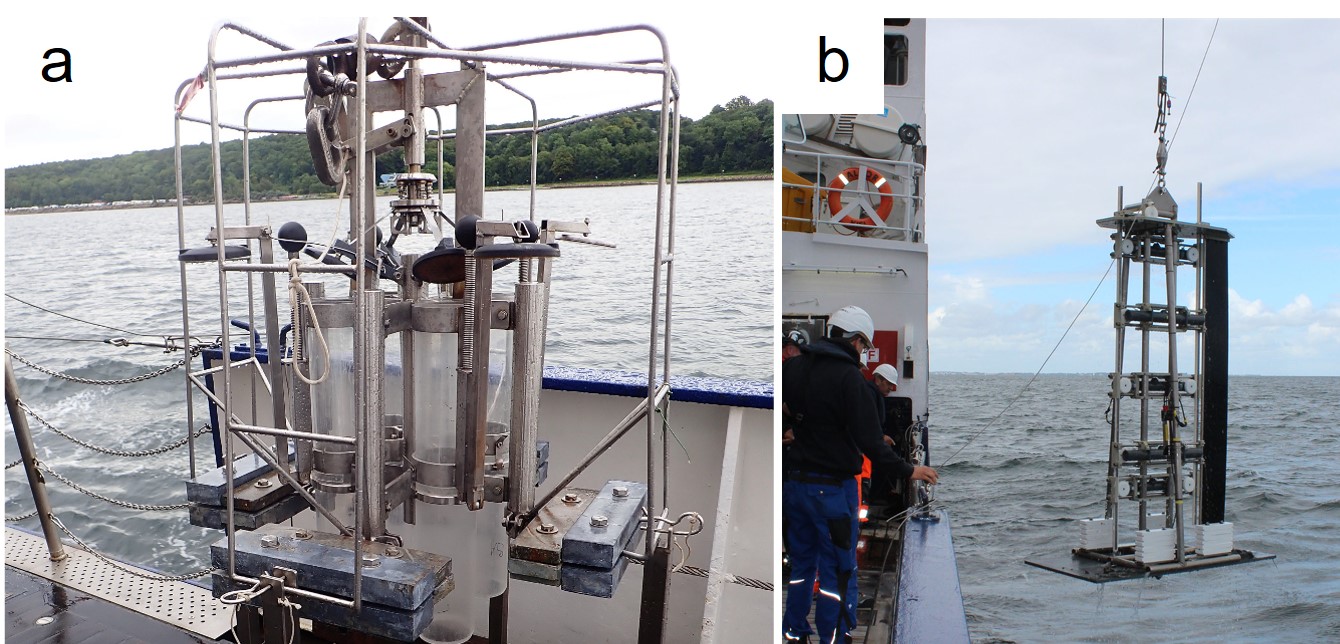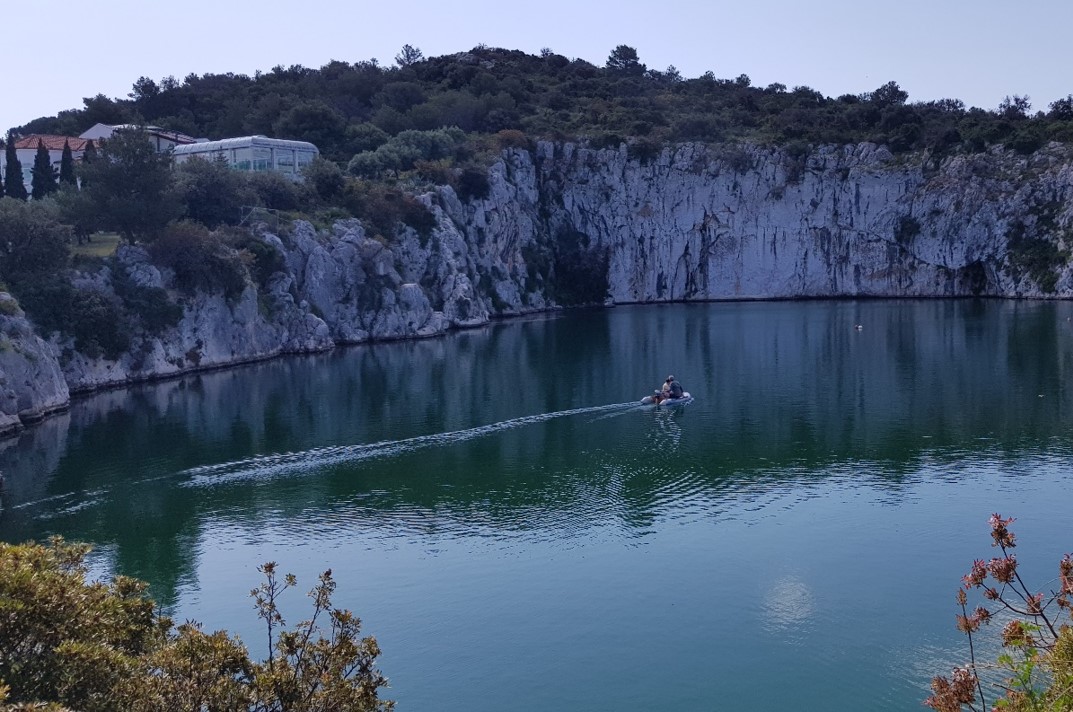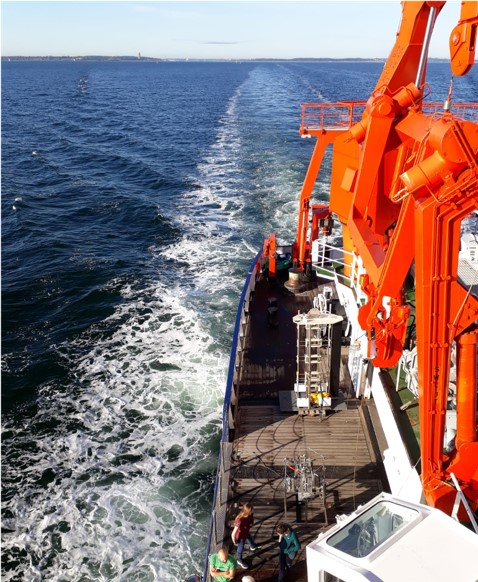Processes in marine and lacustrine anoxic environments
Oxygen is fundamental to many biological and biogeochemical processes. Ongoing deoxygenation will therefore have severe and widespread socio-economic consequences due to its impact on ecosystems, fisheries, and the global biogeochemical cycling of nutrients and greenhouse gases.
The aquatic redox state is particularly important for metal micronutrients. Perturbations to redox states may therefore affect the bio-availability of these nutrients. The detailed behaviour of these elements in such conditions, however, is still relatively poorly understood.
We study a large variety of modern anoxic systems, from small Swiss lakes to large seas and open-ocean oxygen-minimum zones, with the aim of 1) improving our understanding of relevant geochemical processes in anoxic conditions, like the impact of anoxia on (micro)nutrient availability, and 2) establishing proxies for the reconstruction of anoxia from sedimentary records.

Former team members
- external pageDr. Matthew Clarksoncall_made
- Dr. Zhiwei He
- external pageDr. Elvira Bura Nakićcall_made
- external pageDr. Morten Andersencall_made
- Dr. Kim Müsing
- Fung Chiu
Student projects
- Germann, S. (2022). Zinc isotope cycling in meromictic Lake Cadagno as an analogue for marine anoxic environments. Bachelor's project.
- Berger, F. (2021). Redox Cycling of Trace Elements in Namibian Margin Sediments. Bachelor's project.
- Chiu, F. (2020). Molybdenum-uranium behavior during intensifying euxinic conditions. Master's project.
- Krause, L. (2020). Trace metal cycling in the Namibian oxygen minimum zone. Bachelor's project.
Selected publications
- Chiu, C. F. et al. (2022) external pageEarth and Planetary Science Letterscall_made, 585, 117527.
- de Souza, G. F. et al. (2022) external pageGeochimica et Cosmochimica Actacall_made, 322, 274-296.
- Clarkson, M. O. et al. (2021) external pageGeochimica et Cosmochimica Actacall_made, 311, 12-28.
- He, Z. et al. (2021) external pageGeochimica et Cosmochimica Actacall_made, 309, 251-271.


